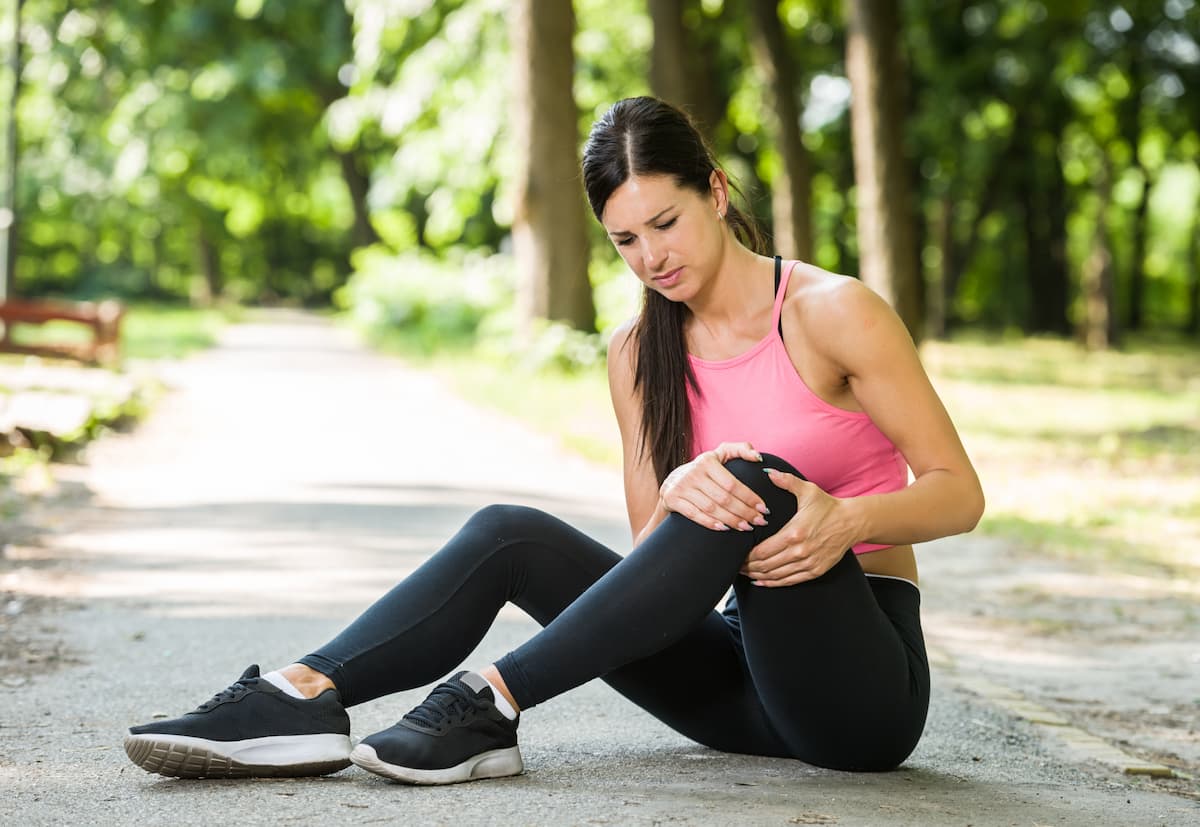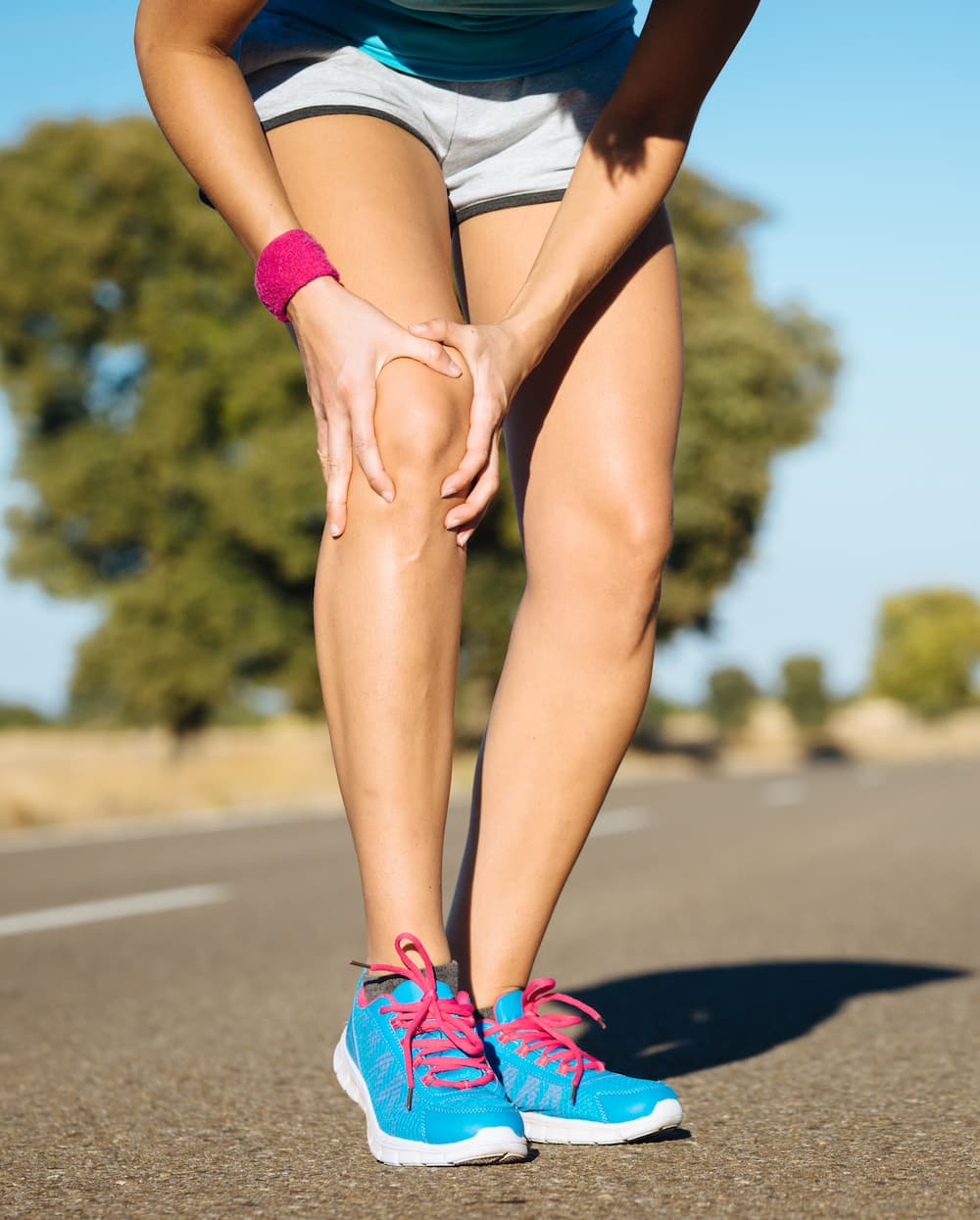Jewel ACL: A Modern Solution for ACL Reconstruction – Backed by Science

Anterior Cruciate Ligament (ACL) injuries are a significant challenge, especially for athletes, often leading to considerable downtime. While autografts (tissue from the patient's own body) and allografts (donor tissue) have been the mainstays of ACL reconstruction, the emergence of advanced synthetic grafts like the Jewel ACL offers a compelling alternative. At My Knee Doc, we are at the forefront of providing innovative solutions, and in this post, we delve into the science and literature supporting the benefits and successful use of the Jewel ACL.
The Science Behind Jewel ACL
The JewelACL, developed by Xiros, represents a sophisticated evolution in synthetic ligament technology. It is a permanent implant made from polyester (polyethylene terephthalate - PET), a biocompatible material with a long and safe history in medical implants, used for over 50 years. This material is also used in the Ligament Advanced Reinforcement System (LARS), another synthetic graft with established use in knee ligament reconstruction.
The design of the JewelACL is crucial to its success:
- Scaffold for Tissue Ingrowth: Unlike earlier synthetic grafts that often failed due to a lack of biological integration, the JewelACL features an open weave structure. This design actively encourages the patient's own cells and soft tissue to grow into the device, promoting what's known as "neoligament formation" and enhancing its integration with the surrounding native tissue.
- Bio-enhanced Surface Properties: Xiros further enhances the graft's integration through a proprietary gas plasma treatment process. This treatment increases the surface energy and renders the graft hydrophilic, further promoting tissue ingrowth and biological acceptance within the joint.
Mechanical Strength: The JewelACL is engineered to match the tensile strength of a healthy hamstring tendon (typically around 1200 N), providing immediate robust stability to the knee. This intrinsic strength is a key factor in supporting accelerated
Compelling Benefits, Supported by Research
The scientific rationale for using synthetic grafts like Jewel ACL stems from addressing the known limitations of traditional autografts and allografts:
- Elimination of Donor Site Morbidity:
- The Problem: Autograft harvesting, typically from the hamstring or patellar tendon, introduces a "donor site morbidity." This means additional pain, weakness, and potential complications at the site where the tissue was taken.
- The Jewel ACL Solution: By being a "tissue graft sparing (TGS)" device, the JewelACL completely avoids this issue. This benefit is widely recognized in the literature as a primary advantage of synthetic grafts, leading to reduced post-operative pain and a smoother initial recovery phase for the patient.
- Faster Rehabilitation and Return to Activity:
- The Science: The immediate mechanical strength of the JewelACL allows for earlier weight-bearing and a more aggressive, accelerated rehabilitation protocol. Unlike biological grafts that require a period of "ligamentization" (biological incorporation and remodelling, which can take many months), the JewelACL provides immediate stability.
- Clinical Evidence: Studies on synthetic grafts like LARS (which shares similar material properties with JewelACL) have shown significantly shorter times to first practice and return to play compared to autografts. One study, for instance, reported return to practice in 3.92 months and return to play in 4.71 months for LARS, compared to 6.93 and 8.81 months for autografts in professional handball players (Rico-González et al., 2024). This accelerated recovery can be a game-changer for athletes.
- Consistent Biomechanical Properties:
- The Advantage: Biological grafts can exhibit variability in their strength and stiffness, depending on the individual and the harvest site. Synthetic grafts, by contrast, are manufactured to precise specifications, offering consistent and predictable biomechanical properties. This consistency provides surgeons with a reliable tool for reconstruction.
- Reduced Operative Time:
- Efficiency: As highlighted by Xiros and in various surgical discussions, eliminating the need for autograft harvesting and preparation can reduce surgical time by approximately 10-15 minutes (a 25% reduction of operating time), contributing to overall efficiency in the operating theatre.

Long-Term Safety and Efficacy: Learning from the Past, Progressing to the Future
It's important to acknowledge that the history of synthetic ACL grafts has seen its challenges, with some early designs leading to complications like high rupture rates, synovitis (inflammation of the joint lining due to wear debris), and early osteoarthritis. However, the new generation of synthetic ligaments, including JewelACL, have addressed these issues through improved materials, design, and understanding of biomechanics and tissue integration.
- Biocompatibility Studies: The polyester material used in JewelACL has undergone extensive biocompatibility testing, demonstrating its acceptance by the body without eliciting significant adverse immune responses or chronic inflammatory reactions. The open weave scaffold and hydrophilic treatment are specifically designed to minimize wear debris and promote healthy tissue integration, mitigating issues seen with older-generation solid-core synthetic grafts.
- Clinical Outcomes and Long-Term Data: While the field of synthetic ACL grafts continues to evolve with ongoing research, promising medium- to long-term results are emerging.
- A study examining a hybrid graft (JewelACL combined with a single hamstring tendon) reported a low re-rupture rate of 5.5% at a minimum of 5 years (mean 8.4 years) follow-up, with excellent clinical outcomes as measured by IKDC and Lysholm scores (ISAKOS Abstract, 2024). This specific approach leverages the benefits of both synthetic strength and biological ingrowth.
- Long-term studies on the Leeds-Keio (LK) synthetic ligament (also a polyester graft by Xiros, similar in material to JewelACL) have shown functional stability in the knee up to nearly 20 years post-reconstruction. One study reported 92% of patients having excellent or good IKDC scores at a mean follow-up of 11.9 years, with high patient satisfaction (ResearchGate, 2012). This provides confidence in the long-term durability of well-designed polyester grafts.
- Ongoing randomised controlled trials (RCTs), such as the "Jewel ACL Study" registered with the Health Research Authority (HRA) and ISRCTN, are actively comparing outcomes of the JewelACL (both alone and in hybrid form) against traditional autograft methods. These studies are crucial for generating robust comparative data on pain, laxity, function, and return to sport.
The My Knee Doc Commitment
At My Knee Doc, our commitment is to provide evidence-based and patient-centred care. Mr. Gareth Stables and our team of specialists stay abreast of the latest advancements in orthopaedic surgery, including the evolving role of synthetic ACL grafts. We understand that graft choice is a critical decision, and it is made in careful consideration of each patient's unique circumstances, lifestyle, and goals.
We thoroughly evaluate the suitability of the Jewel ACL, discussing its scientific benefits, potential risks, and expected recovery trajectory. Our aim is to empower you with comprehensive information, enabling you to make an informed decision for the best possible outcome.

Conclusion
The Jewel ACL synthetic graft represents a significant step forward in ACL reconstruction, offering an appealing option with scientific backing for its safety and efficacy. Its ability to reduce donor site morbidity, facilitate faster rehabilitation, and provide immediate, consistent mechanical stability makes it an increasingly relevant choice for individuals seeking to return to their active lives.
If you've suffered an ACL injury and are exploring your treatment options, we encourage you to schedule a consultation with Mr. Gareth Stables or one of our specialists at My Knee Doc. We are here to discuss whether the Jewel ACL is the optimal solution for your recovery and long-term knee health.
Note: This blog post is for information only and does not constitute medical advice. Please consult with your healthcare provider for any questions or concerns regarding your specific health conditions. Read the full disclaimer

